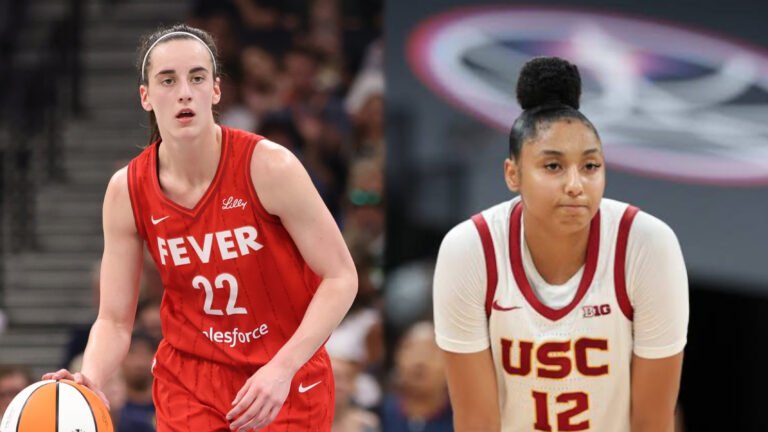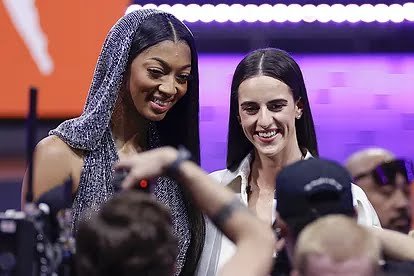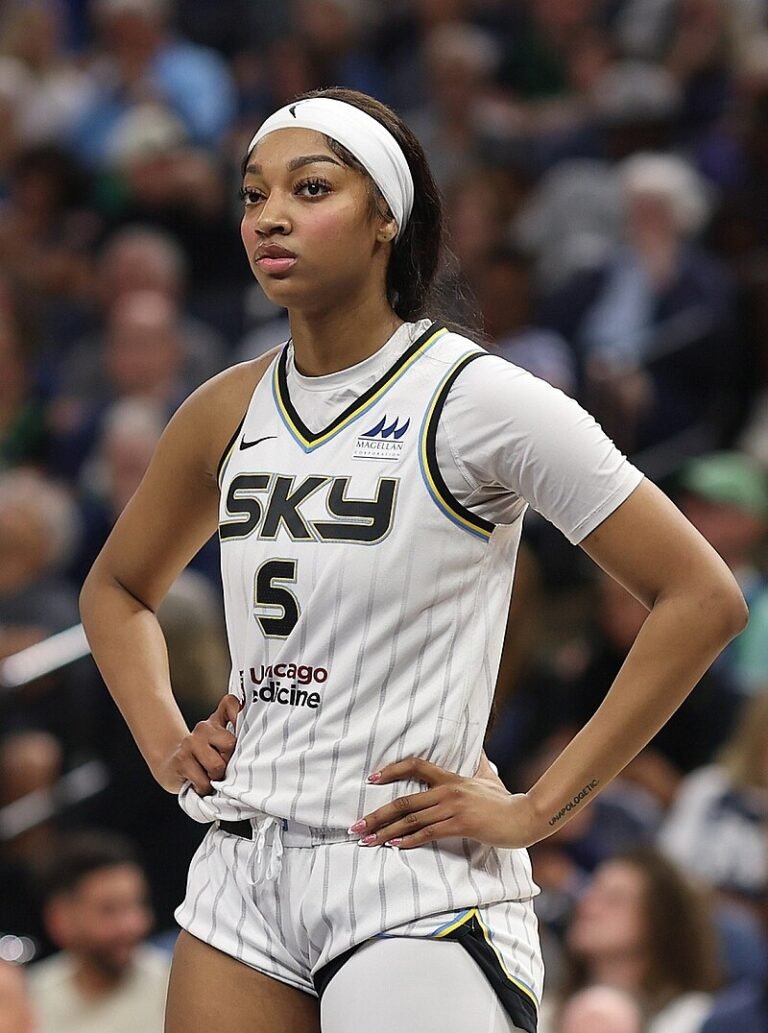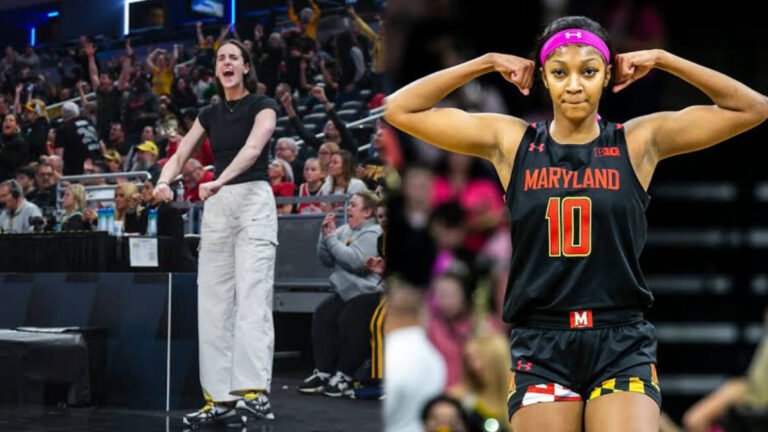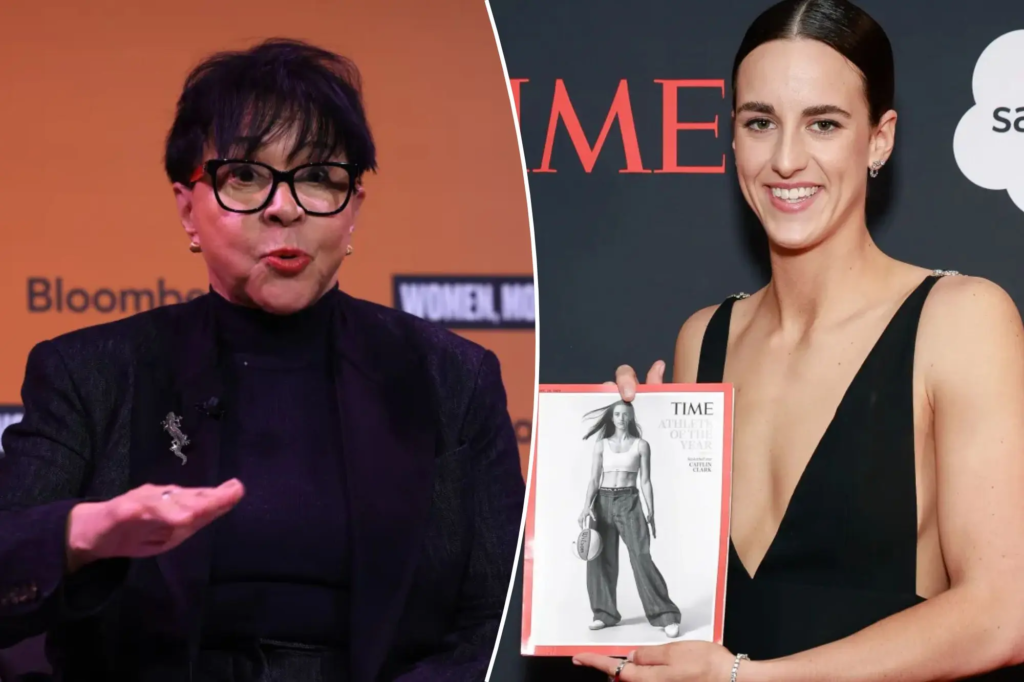
Caitlin Clark’s rise as a White superstar in a predominantly Black league has sparked discussions across media platforms, including CNN. While Clark’s achievements have undeniably elevated the WNBA’s visibility, her selection as TIME’s Athlete of the Year drew mixed reactions, including pointed remarks from Sheila Johnson, Vice Chairwoman of Monumental Sports & Entertainment and a co-owner of the Washington Mystics. Johnson’s critique, shared on CNN Sport, questioned the singular focus on Clark, advocating for broader recognition of the league’s diverse talent pool and historical contributors to its growth.
Johnson’s message highlighted the invaluable contributions of past and present WNBA stars who laid the groundwork for players like Clark. She also acknowledged rising talents like Angel Reese but emphasized that the WNBA’s success is a collective achievement rather than the result of individual players. While her sentiments hold merit, Johnson’s position as a Mystics owner complicates the optics of her critique, given her team’s recent struggles and lack of prominence in the 2024 season.
The Mystics’ shortcomings—missing the playoffs, lacking All-Star representation, and operating without a head coach or general manager—cast a shadow over Johnson’s remarks. Although the team achieved record-breaking attendance at certain games, those numbers were largely driven by the Fever’s Caitlin Clark rather than Mystics players. These factors detract from the credibility of Johnson’s message, especially when compared to owners of more successful franchises like the Liberty or Lynx, whose statements might carry more weight.
Owners of championship-caliber teams, such as Joe and Clara Tsai of the Liberty or Glen Taylor of the Lynx, are better positioned to critique the league’s narratives. Their teams not only succeeded on the court but also significantly contributed to the league’s broader cultural and competitive landscape. Against this backdrop, Johnson’s comments risk being perceived as deflecting attention from the Mystics’ internal issues rather than as a constructive critique of media narratives.
Ultimately, while Johnson’s core argument—that the WNBA’s growth stems from a collective effort rather than individual stardom—is valid, the context of her team’s struggles undermines its impact. A more neutral or strategically placed critique from a successful team’s ownership could have delivered the same message with greater credibility and resonance among casual and dedicated sports fans alike.

